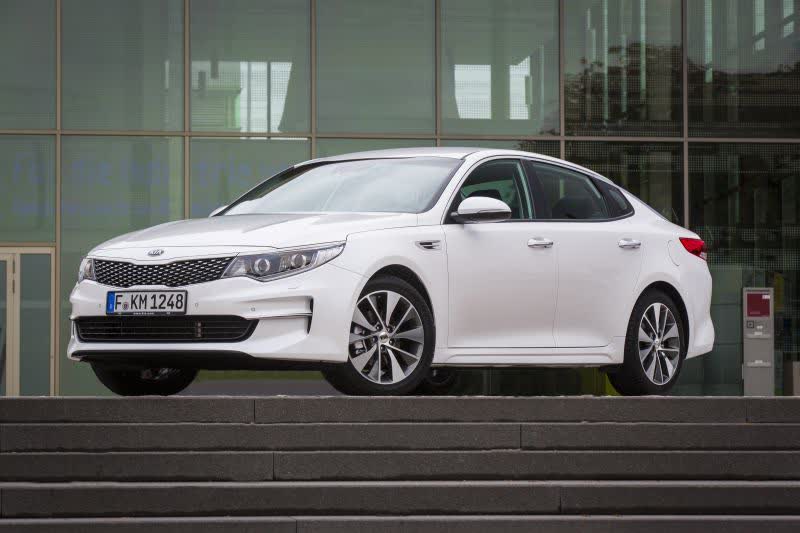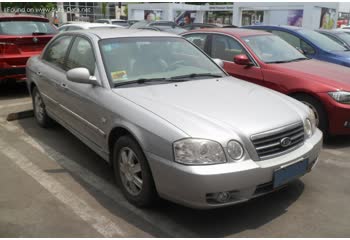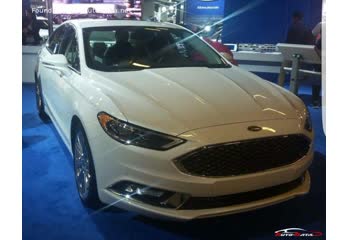Everything you need to know about specifications and performance - Kia Optima 2016 - 2.0 GDI (205 Hp) Plug-in Hybrid Automatic

Overview:
What is the engine capacity of a Kia Optima 2016?
The engine capacity of the Kia Optima 2016 is 1999.
Kia Optima 2016 How many horsepower?
The engine power of the Kia Optima 2016 is 156 Hp @ 6000 rpm..
What is the Kia Optima 2016 engine?
Kia Optima 2016 engine is G4NG. (Click to see other cars using the same engine)
How powerful is the electrical system in the Kia Optima 2016?
The power of the electrical system in the Kia Optima 2016 is 205 Hp @ 6000 rpm. hp.
How much gasoline does a Kia Optima 2016 consume?
The Kia Optima 2016 consumes 1.6 liters of gasoline per 100 km
What is the recommended oil for a Kia Optima 2016 engine?
The recommended oil for a Kia Optima 2016 car engine is 5W-30.
What type of camshaft transmission system is used in a Kia Optima 2016 engine?
chain is used to transmit motion.
General:
Engine:
Performance:
Electric system:
Space:
dimensions:
Powertrain, Suspension and Brakes:
See also

Last generation.
Its production began in 2020 until 2020

Other generation.
Its production began in 2003 until 2005

Same production year and almost the same engine capacity.
Its production began in 2016 until 2018

Write a comment